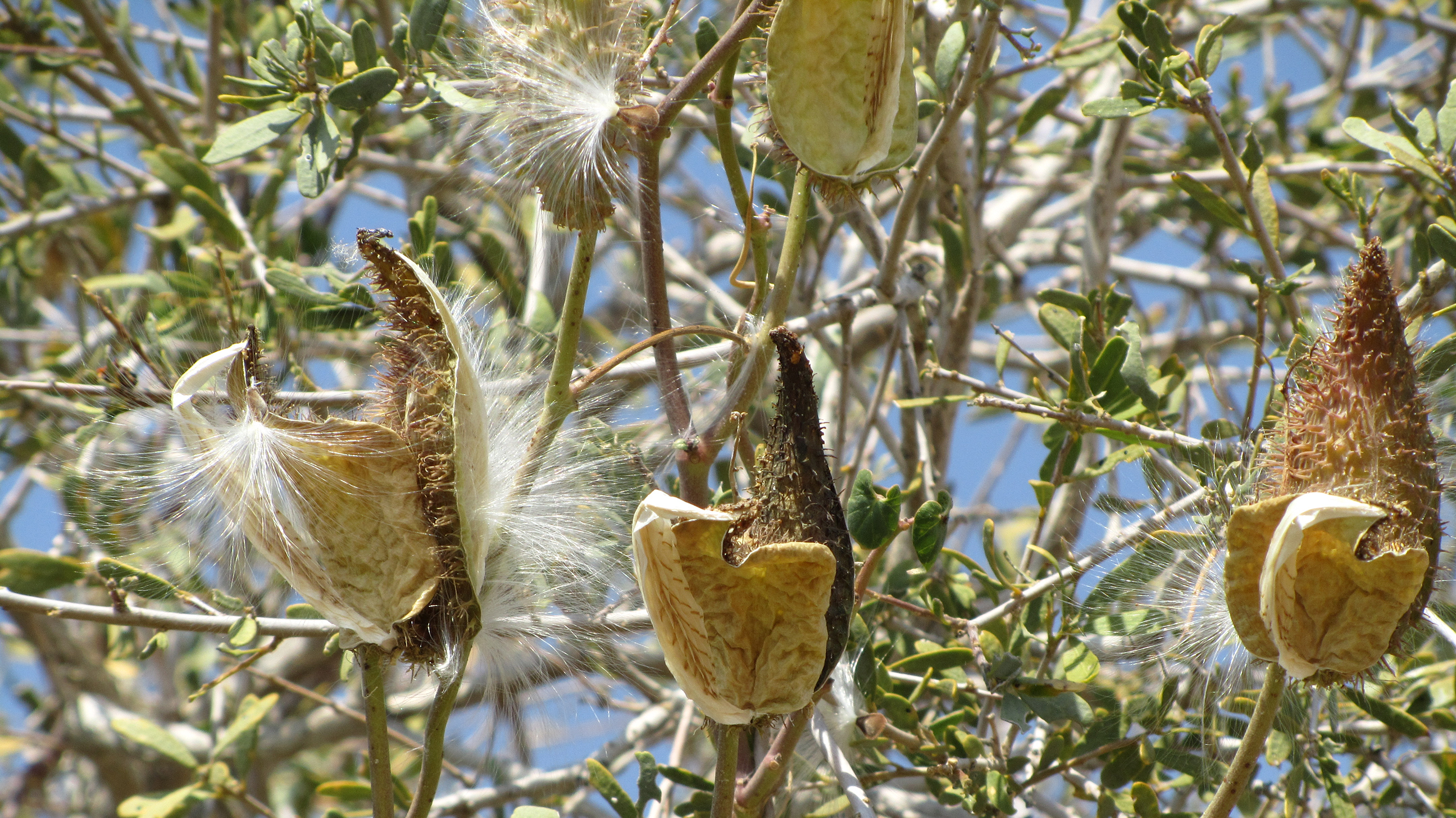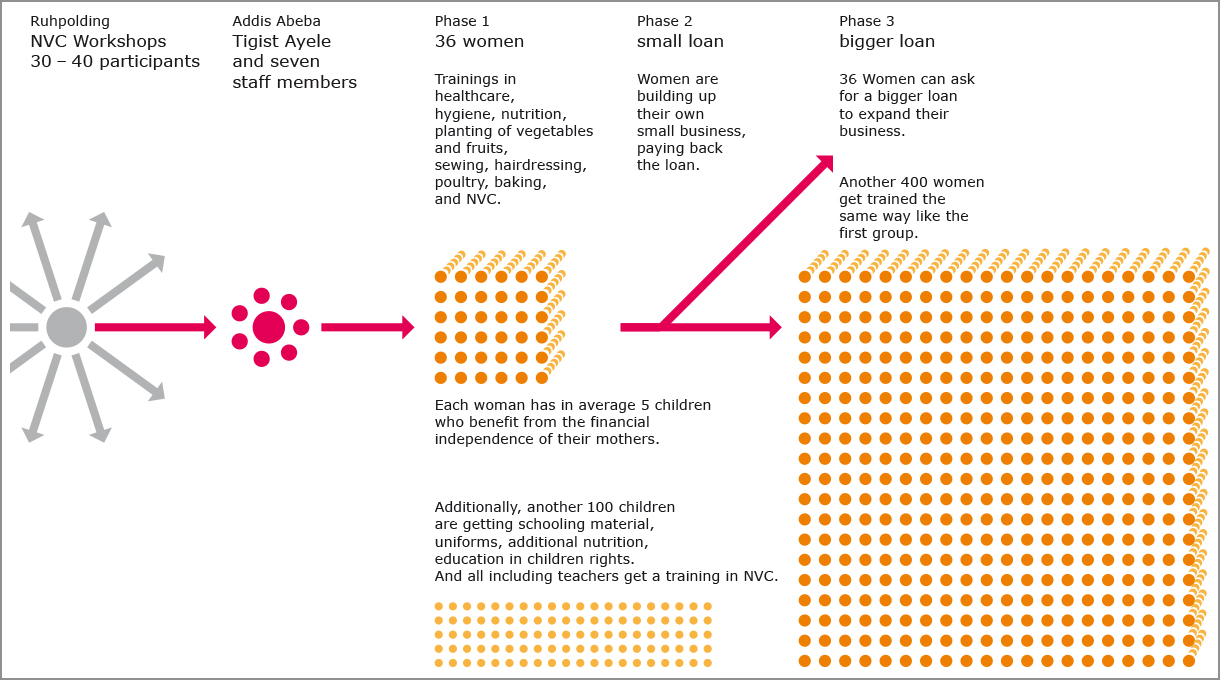The pilot project for 36 poor and disadvantaged women in Ethiopia has now increased to 400 women
Dani Wolf and Tobias Grill made a short movie about this project. You can watch the film on youtube.
Tigist Ayele is living in Ethiopia, Addis Abeba. She has a BA diploma in Management, Accounting, Food and Nutrition. Since 2014, she took part in every Ruhpolding workshop.
In her NGO called “Miraf Hulegeb”, she focuses on empowering 36 poor, vulnerable and disadvantaged women, and 25 elementary school children. The project is about a microenterprise. The women are learning financial, material, technical and basic business skills like saving and bookkeeping. At the same time they get a training in hygiene and agricultural methodology, sanitation and communication. They receive 30 € to buy seeds, growing bags for the vegetable plants, and to follow their own ideas about a small business. The women pay back their loan to 100%. Thus, further women can participate, like in a revolving fund.
On average they have 5 children who now can go to school because they have a full lunch box and clean school uniforms and books.
This project implicates an economic benefit for the mothers.
Besides establishing their own saving account in the cooperative, they save some extra money in own initiative in order to support each other in case there is a medical issue in the neighbourhood or any extra expenses they are in need. They do not have to go to any moneylender. They become more and more independent and self responsible.
Their offerings in their shops include an added value: they do not only bye and sell the same items. They add value by baking or cooking or by taking care for other small children while they are in the shop. Or one woman is cooking and baking for street children. She is payed by the major for each child. One woman became the treasurer for the cooperative.
Also, this project implicates a social benefit.
The women build stronger relationships. They are a power-women-unit, and they recruit neighbours to join. So this project about the independence of mothers via a microcredit grows out of its own. As a group, they are more powerful than as a single women, e.g. in local political meetings represented by cooperative leaders.
With some knowledge of NVC, their relationships with their husbands are becoming calmer, and they can handle a conflict. They speak to their children in a more relaxed way.
I met those women in February 2018, and some of them again two years later.
The change I realised was asthonishing! Now, they looked at me frankly, their shoulders were backwards, their dresses clean, their voices were clear and easy to hear, they invited me to come to their place next time. (This was not possible due to conflicts within different tribes.) They expressed their appreciation that I wanted to met them. I saw a lot of smiling.
I feel confirmed about the outcome of this approach to finally aim on children and their well being, and to work via their mothers.
From May 2019 on, this project is scaled up in cooperation with Karl Kübel Foundation and BMZ (German Federal Ministry for Economic Cooperation and Development — Bundesministerium für wirtschaftliche Zusammenarbeit und Entwicklung) to 400 women and their children in four different cooperatives.

